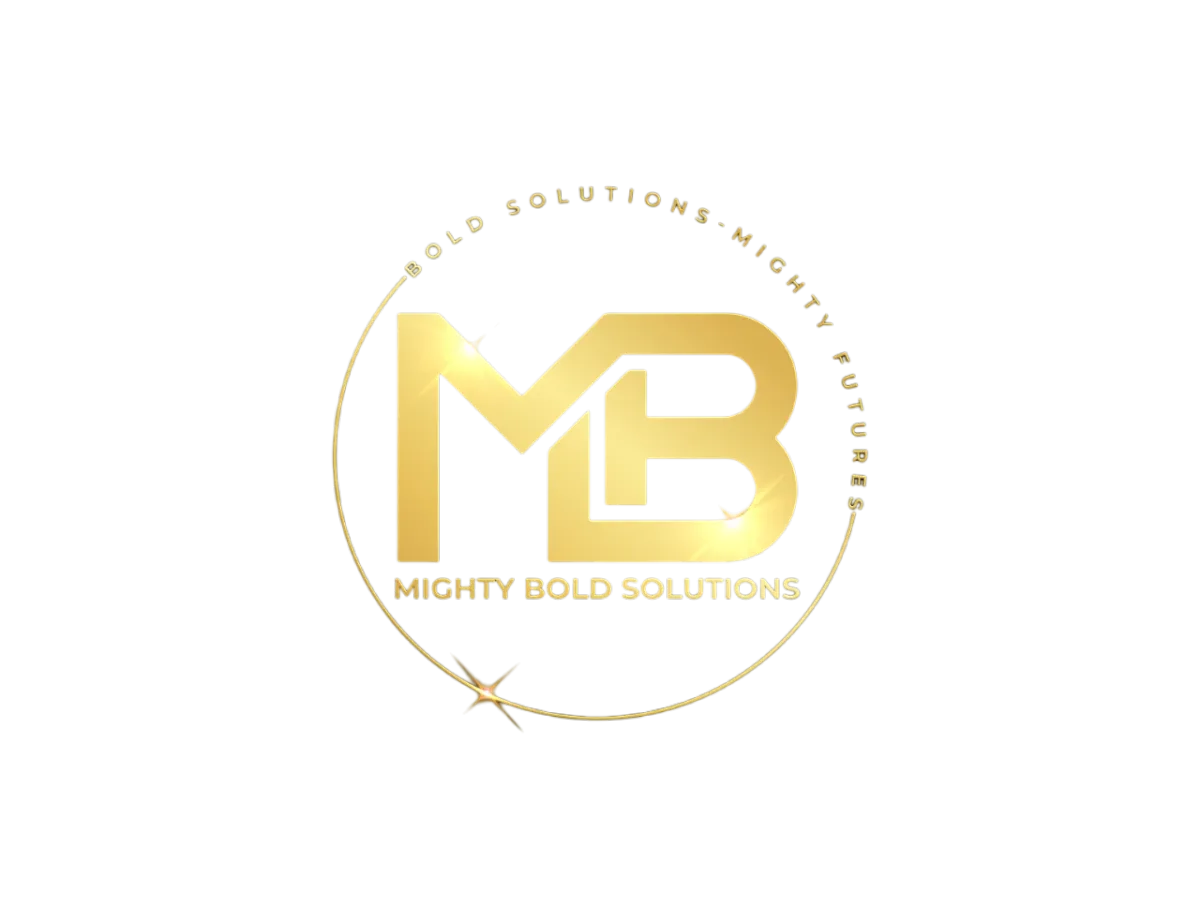



How to Build Up Your Credit: A Comprehensive Guide

In today's speedy world of finance, building a good credit history is akin to cultivating a robust garden; just as careful planning, consistent nurturing, and patience lead to a flourishing garden, so too does regular, responsible financial behavior over time result in a strong credit history. Both require attention to detail, a commitment to maintaining good practices, and time to see the full benefits of your efforts. We're here to show you all the steps, tips, and smart moves to boost your credit score and open up all sorts of doors to financial freedom and cool opportunities. Ready to dive in with us? Let's go!
Understanding Credit: The Basics
Before we dive deep into the how-tos, let's set the stage with a basic understanding of what credit is and why it matters so much. In essence, credit is a tool that lenders use to evaluate how likely you are to repay borrowed money. Your credit score, a three-digit number, is a distilled essence of your financial reliability. High scores unlock lower interest rates, better loan terms, and can even affect your job prospects and rental applications.
Starting from Scratch: Establishing Credit
Open a Credit Builder Account
For those new to credit, one good starting point would be opening an account with a company like Rent Reporters (http://www.rentreporters.com). They’ll report your rent to TransUnion and Equifax. They’ll also go back and report your data for the last two years. So with that alone you can gain two years of credit history.
Become an Authorized User
Another strategy is to become an authorized user on a family member's account. This method allows you to benefit from their good credit habits, as their account's history gets transposed onto your credit report.
Climbing Higher: Improving Your Credit Score
Pay Bills on Time, Every Time
Timeliness in paying bills cannot be overstated. Payment history is a significant component of your credit score, making it imperative to pay on time, every time.
Keep Balances Low and Manage Your Debt
High balances and maxed-out credit cards are red flags to creditors. Aim to keep your credit utilization ratio under 30% to signal responsible credit usage.
Regularly Monitor Your Credit
Keeping an eye on your credit report can help you catch errors or fraudulent activities early on. Sites like AnnualCreditReport.com offer free yearly reports from the three major bureaus.
Advanced Tactics: Taking Your Credit to the Next Level
Diversify Your Credit Mix
A healthy blend of revolving credit (like credit cards) and installment loans (such as auto loans) can show lenders your adeptness at managing different types of credit.
Consider a Credit Builder Loan
Credit unions and some banks offer credit builder loans aimed at building or improving credit. Essentially, you make payments into a locked account before accessing the funds, demonstrating your commitment and increasing your score.
The Do's and Don'ts of Credit Building
◉ Do use credit cards for small, manageable purchases.
◉ Don't apply for multiple credit lines simultaneously, as this can signal financial distress.
◉ Do increase your credit limit responsibly to improve your credit utilization ratio.
◉ Don't close old credit accounts, as they contribute to your credit history length.
Conclusion
Building or improving your credit score is a marathon, not a sprint. It requires patience, discipline, and a strategic approach. By following the guidelines and strategies outlined in this comprehensive guide, you're setting yourself up for financial success and unlocking the potential that a strong credit score holds.
FAQs for the Forward-Thinking Entrepreneur:
How long does it take to build a good credit score?
Building a good credit score can take anywhere from a few months to a few years, depending on your starting point and financial habits.
Is it possible to rebuild a damaged credit score?
Absolutely. With disciplined financial behavior and strategic actions, you can gradually rebuild a damaged credit score.
Can checking my credit score too often hurt it?
No, checking your own credit score is considered a soft inquiry and does not impact your credit score.
What's the fastest way to improve my credit score?
Paying down high balances, making payments on time, and correcting any inaccuracies on your credit report are among the fastest ways to improve your score.
How often should I use my credit card to build credit?
Using your credit card regularly for small purchases and paying off the balance in full each month can help build your credit.
More Blog Posts By Mighty Bold Solutions

How To Build Business Credit
Like maintaining a strong professional network, ensuring your personal credit score is high is crucial for opening doors to better business credit opportunities.

Building Your Small Business Credit
In the dynamic world of small business, understanding the nuances of building credit can be the linchpin for sustainable growth and financial health.

Credit Repair vs. Credit Building
Understanding the nuances of credit repair and credit building is crucial for anyone looking to enhance their financial standing.

Unlocking the Mysteries of Credit Utilization Ratio
Understanding the intricacies of credit management is paramount for anyone looking to maintain or improve their credit score.
